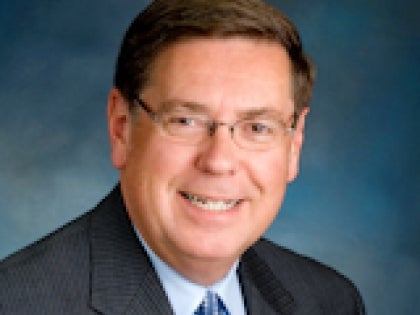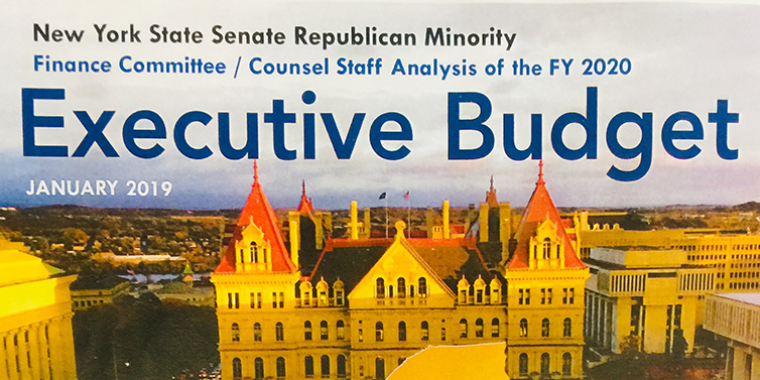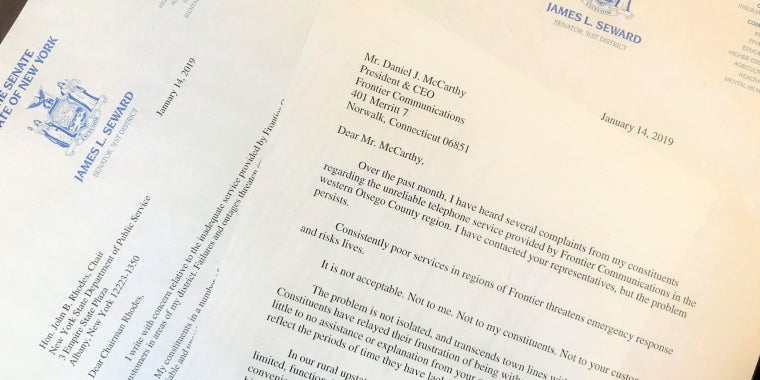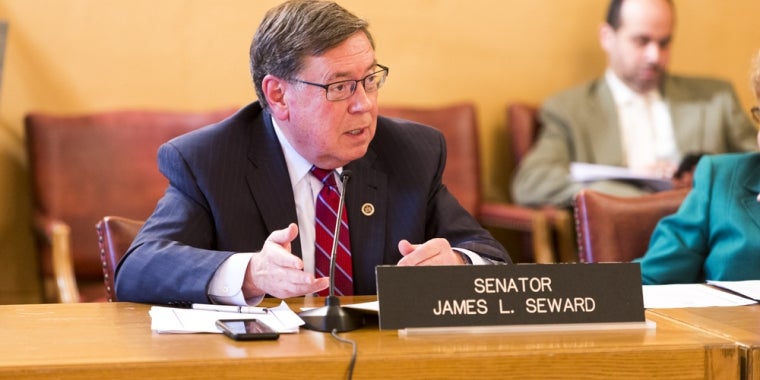The senate’s 2005-06 New York State budget restores nearly $730 million in cuts to hospitals, nursing homes and health care that were proposed by the executive, while also taking steps to rein in the spiraling cost of Medicaid to local property taxpayers.
The senate budget bills restore $730 million in cuts to New York’s health care system, preserving vital programs and services that help protect public health, and reject new and higher taxes on hospitals and nursing homes, as well as cuts in payments for home health aides.
Measures are also included in the senate's plan aimed at stemming the growth of Medicaid, including a sweeping cap on Medicaid costs to local property taxpayers, increased local accountability, an aggressive crackdown on fraud, increased emphasis on managed care and limits on some services.
To provide additional relief to local governments, the senate plan also speeds up the state takeover of the Family Health Plus program. Taken together, these actions will save local property taxpayers over $3.3 billion annually when fully effective.
"Soaring Medicaid costs continue to impose an unacceptable burden on local propetry taxpayers. The reforms contained in the senate’s budget shield local taxpayers from runaway costs, but also include steps to bring New York’s Medicaid program under control," said Sen. Seward.
Highlights of the senate’s health budget plan include:
Rejection of a 0.7 percent Gross Receipts Tax on hospitals, saving hospitals $194.3 million, as well as a one point increase in the GRT on nursing homes;
State takeover of local Medicaid costs, beginning with the takeover of costs that exceed an annual growth rate, set as follows: 3.5 percent in 2006, 3.25 percent in 2007 and 3 percent in subsequent years. Together with the takeover of the Family Health Plus program, the cap will save local taxpayers over $3.3 billion annually when fully effective (see attached chart). To help fund the Medicaid takeover, counties would be required to remit a set level of local revenues to the state, and be subject to new accountability standards aimed at checking excessive local spending growth.
Creation of a state "Preferred Drug Program (PDP)" and Prior Authorization requirement similar to those used by most insurance companies. Unlike the Executive’s proposal, however, the Senate plan gives doctors final say in which drugs may be prescribed to patients;
An accelerated state takeover of the Family Health Plus Program for counties outside of New York City. Under the senate plan, the state would assume all local costs for the Family Health Plus Program, effective Oct. 1.;
Expansion of a Medicaid fraud prevention system, aimed at saving $40 million annually, and an aggressive new effort to collect as much as $75 million in overdue pharmaceutical rebates owed the state;
Modest increases in co-payments, up to a maximum of $3, by recipients for prescription drugs;
Requiring pre-authorization for certain adult dental services;
Making Family Health Plus benefits more closely resemble the benefits offered under the Healthy NY Program;
Integrating the Health Care Reform Act with the financial plan, making HCRA spending more transparent to the public and improving accountability.
#####




